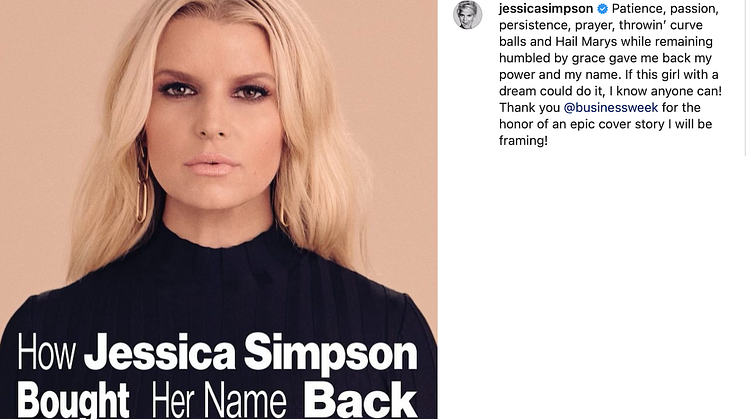
News -
Spanx’s founder couldn’t afford a patent attorney. So she figured out how to protect her IP herself.
Twenty years ago, American entrepreneur Sara Blakely launched a business selling shapewear that was more comfortable and more effective than anything else on the market at the time. She called the brand Spanx. And in 2021, she sold a majority share of this business to investment company Blackstone, bringing her net worth to over US$1 billion.
Blakely couldn’t have grown her business without treating her intellectual property with great care, even when the odds seemed against her. When she came up with the idea for Spanx, she recalled in an interview: “I'd never taken a business class, I'd never worked in fashion or retail. I'd actually been selling fax machines door-to-door for seven years, since graduating from college, and I had US$5,000 in savings.” Nevertheless, she bet on herself: “I liked my idea so much, that I wanted to protect it, so I decided to patent it.”
So she started looking for a patent attorney to help her do that, and she wanted to work with a female lawyer, figuring it would be easier to explain the idea to a woman. That’s when she found out that there were no female patent attorneys at all in Georgia, the US state where she was living at the time.
Since a female patent attorney was not an option, Blakely started meeting with male lawyers, and the process of convincing them that Spanx was a great business idea turned out to be as tough as she had expected. And that wasn’t her only challenge.
“All of the attorneys that I met with, they wanted between US$3,000 and US$5,000 to patent my idea,” she has said. Since that was more than she could afford, she decided to write her own patent. Blakely bought a book about patents and trademarks, and got to work.
But she needed help with the part of the patent about the legal claims portion for a discounted price. And she did find a male patent attorney who agreed to help her do that for US$700, simply because he was struck by how passionate she was about this idea.
Of course, building this successful company from scratch required much more than filing a patent. But that was still a crucial part of Spanx’s origin story, and Blakely’s tenacity and initiative shows just how much protecting one’s IP can pay off in the long run.
PitchMark helps innovators deter idea theft, so that clients get the idea but don’t take it. Visit PitchMark.net and register for free as a PitchMark member today.



